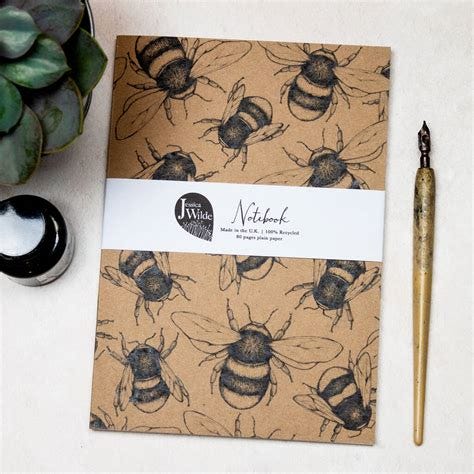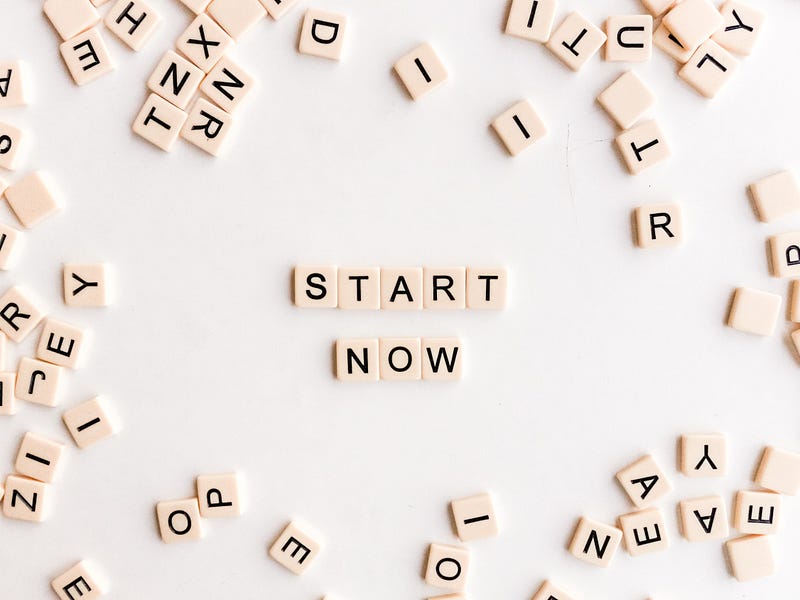The Notebook
Tip Of The Day — Day 1 — A Series Of Tips For Writers

This is part of a series of daily tips for writers which is published to share ideas and suggestions on our craft. Everyone will have different advice on how to write, so the tip below is just a personal suggestion which I hope you will find useful. Do share any of your own in the comments. I hope you find it useful.
The notebook
Many writers keep a notebook or journal handy to jot down ideas for future articles or that book you long to publish. If you make a record at the time, it can aid recall and help at a later date if you are stuck with the subject for an article.
An alternative is to keep notes on your mobile phone or laptop. Personally, being a bit old school, I love a notebook. There are some beautiful ones out there, the only problem is that some are so lovely you hardly dare spoil the pages! I came across some really beautiful ones recently in “Scarthin Bookshop” in Cromford in Derbyshire (UK), a lovely quirky old place on three floors, overlooking a mill pond, with an excellent vegetarian café which is a bonus buy! I challenge you to visit without buy a book, something I find irresistible!
The thing with a notebook is that it is ideal to jot down ideas at any stage of development, from a single word or phrase to longer thoughts.
New words

I also use my notebook to collect new words I come across to look up later, or store to use again myself in future, so it is a way to build a wider vocabulary, and I also note the context where I came across the word.
Collecting people

Being a bit of a Medium junkie, I use my notebook to keep a record of the people I interact most with on Medium, since it can be difficult to remember names, sometimes with a short description from their bio to help with placing everyone. This is particularly useful now that the Medium earnings formula rewards interaction, as building up a group of writers pays dividends!
Some writers develop their notebook further into a daily diary or journal, with more developed thoughts, or even add sketches and diagrams, or stick in cuttings from newspapers and magazines, or jot down references or quotations from books they are reading, so there is no limit to how inventive you can be with how the notebook is used. Of course the modern world being what it is, many writers now do everything electronically, so will keep the equivalent of a notebook online. However for me, there is nothing quite like the feel, touch, and smell of a good old-fashioned notebook!






